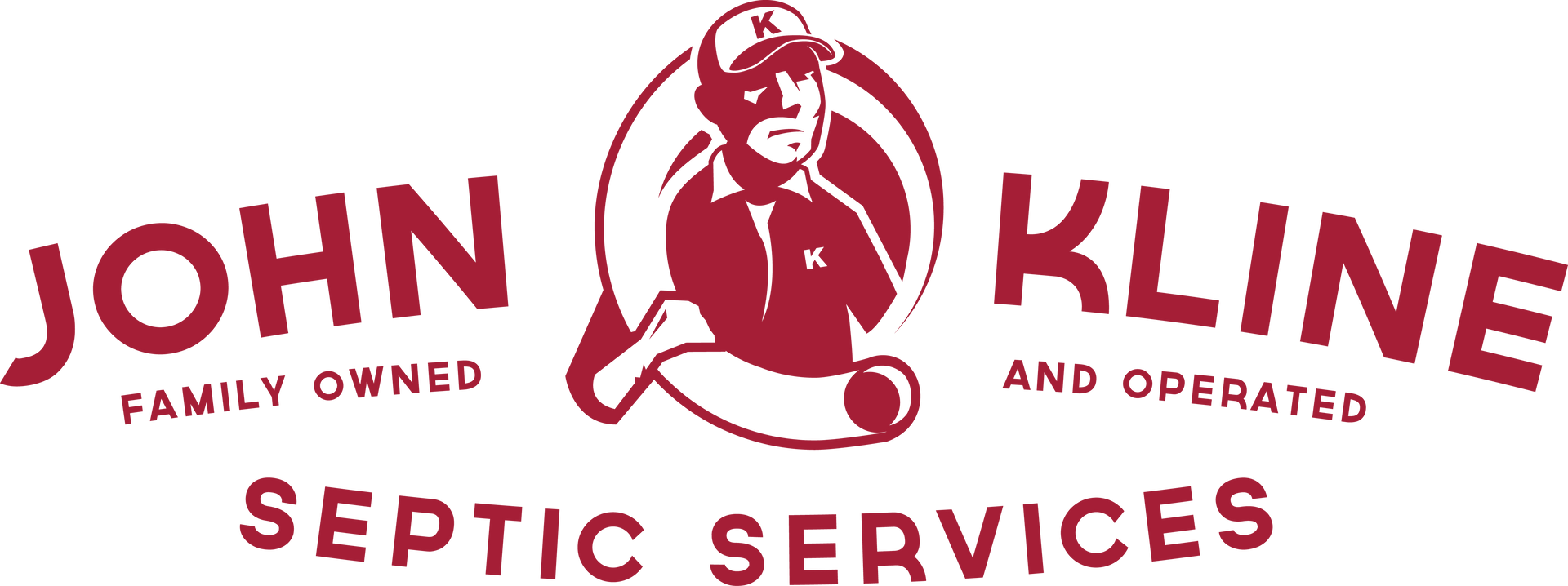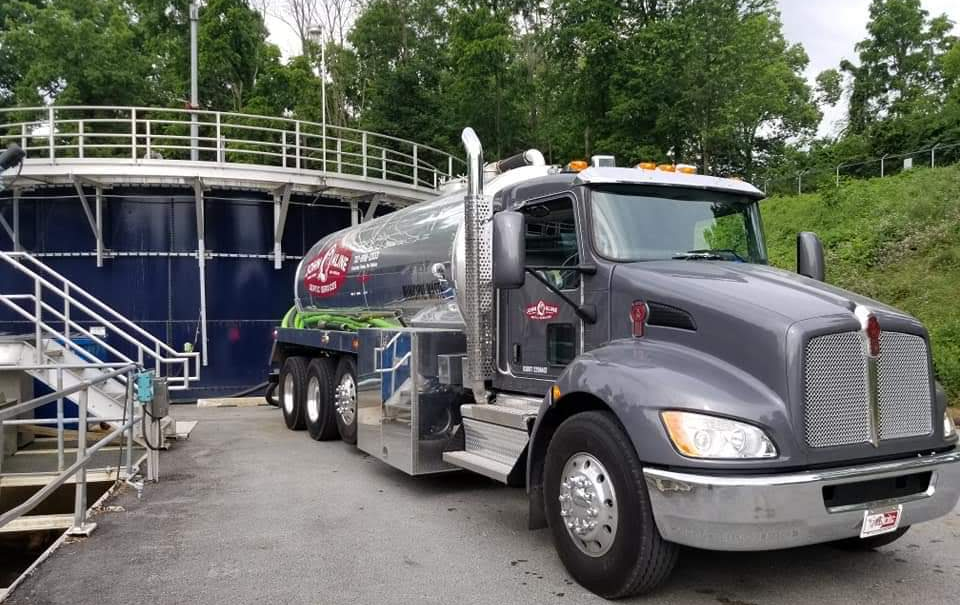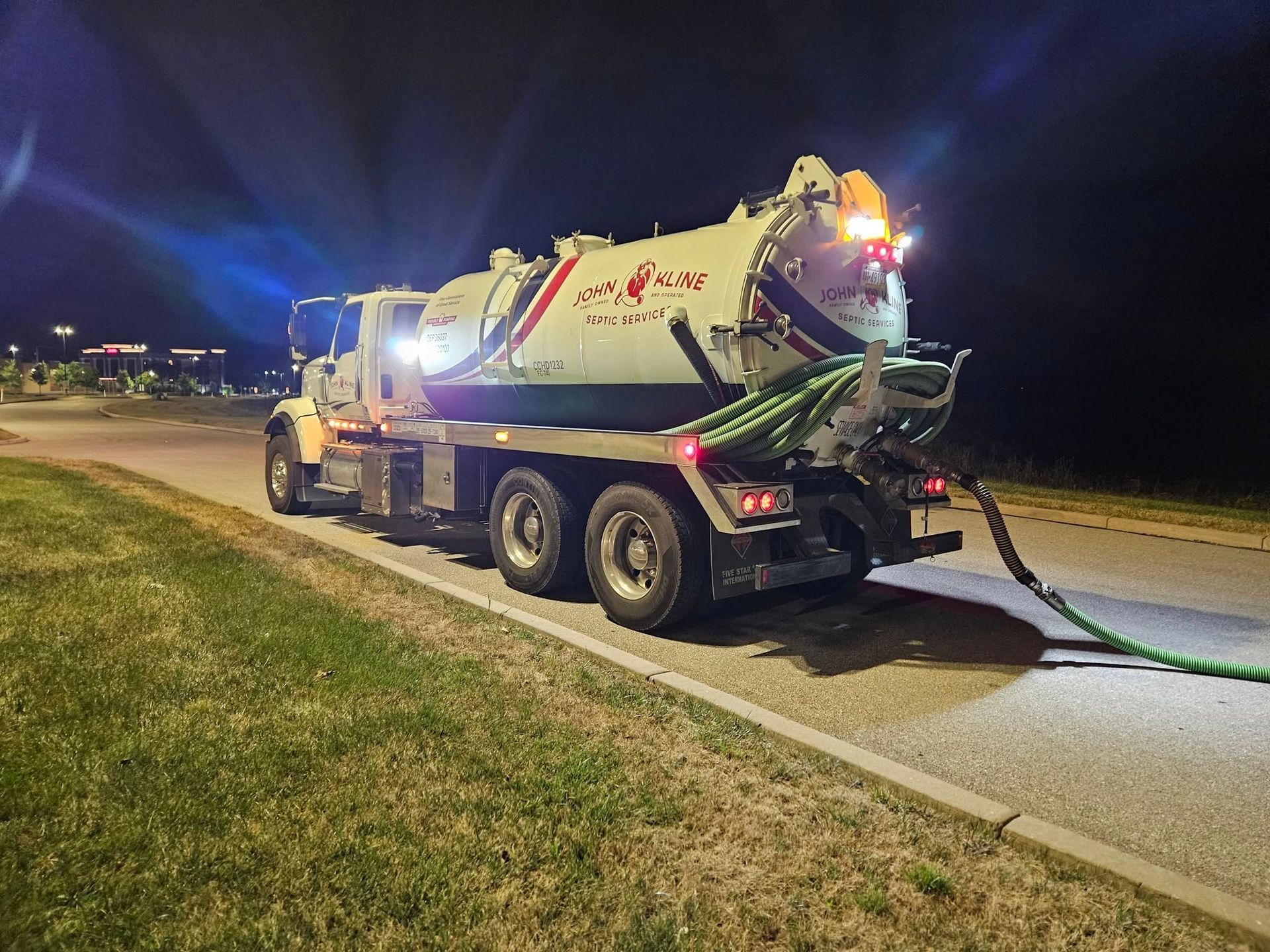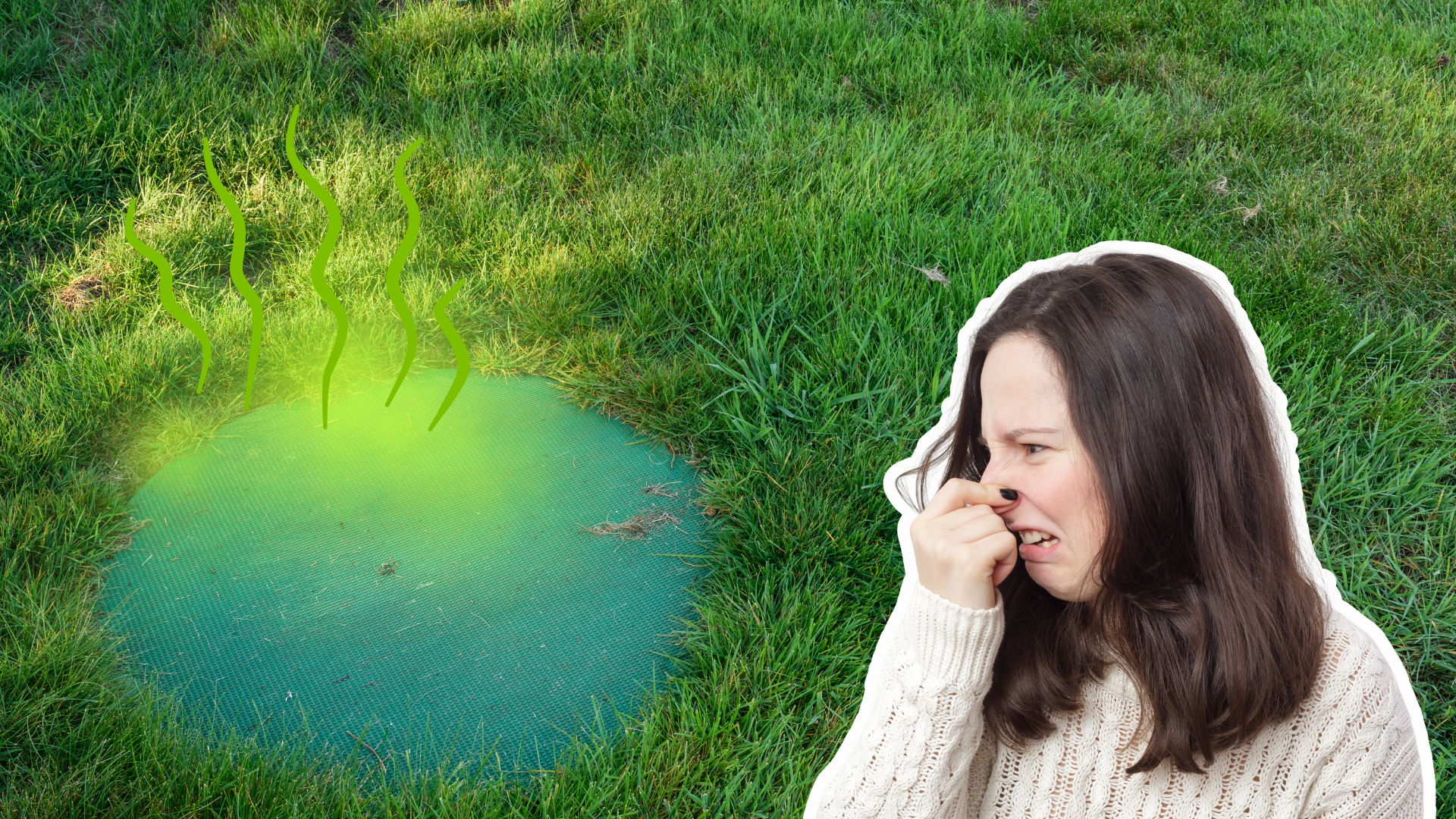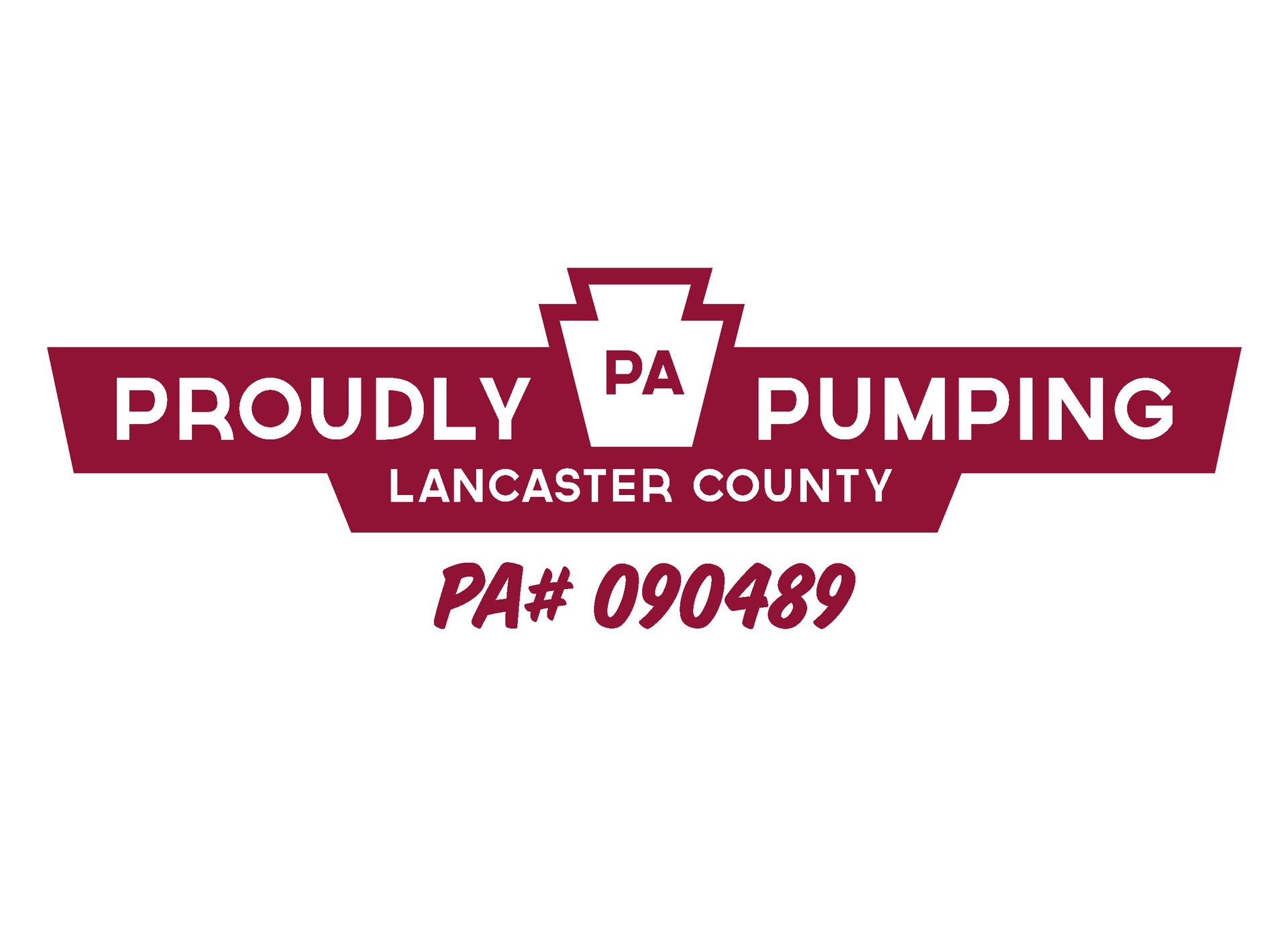Sewage Pumps 101
Everything You Need to Know About Sewage Pumps & How they Impact Your Septic System
When it comes to maintaining a septic system, a key component you may not think about is the sewage pump. Sewage pumps play a vital role in moving wastewater away from your home or business to either a septic tank or a sewer line. In this post, we’ll explain how sewage pumps work, how they impact your septic system, and why John Kline Septic Services should be your go-to for any sewage pump needs. Keep reading to learn more or
contact us today!
How Sewage Pumps Work:
- Sewage pumps are designed to transport wastewater that contains solids, making them essential for homes and businesses connected to septic systems or sewer lines.
- Typically installed in basements or crawl spaces, sewage pumps use a float switch to control their operation. When the water level rises, the float switch activates, causing the pump to start moving wastewater from the property to the septic system or sewer line. Once the water level drops and the pump has done its job, it shuts off, and the float switch returns to its resting position.
- These pumps are designed to move significant amounts of wastewater, with many handling up to 200 gallons per minute, over distances of up to 750 feet.
- Because they are specifically built to handle solids, sewage pumps prevent clogs and backups in your plumbing, keeping your system running smoothly.
How Your Septic Pump Impacts Your Septic System
Sewage pumps are a crucial element in maintaining the efficiency of your septic system. Without them, wastewater might not move efficiently from your home to the septic tank, which could lead to backups or overflows. Additionally, if your property is located on a slope or your drain field is uphill from your home, a sewage pump is essential for transporting the wastewater uphill, as gravity alone won’t do the trick.
Properly functioning sewage pumps protect your septic tank by ensuring that solids and liquids are correctly separated, allowing your system to process waste as designed. However, like any mechanical component, sewage pumps can wear down over time, and failure to repair or replace them when necessary can lead to system failures or costly damage.
The Difference Between Sewage Pumps & Grinder Pumps
The key difference between sewage and grinder pumps is the way they move sewage and waste. Sewage pumps usually use a
float switch to activate the pump, while grinder pumps are activated by a
pressure sensor. Grinder pumps also have a grinding chamber that pulverizes sewage and waste so it can be moved through small pipes. Unlike sewage pumps, grinder pumps typically should not be paired with septic tank system since the slurry is so finely ground that it likely won’t separate from the liquid once inside the septic tank.
Why Call John Kline Septic for Your Sewage Pump Repairs or Replacements?
- At John Kline Septic Services, we understand how essential sewage pumps are to your septic system’s health. Whether you need a repair or replacement, our expert team is ready to help. We offer comprehensive services for all types of pumps, including sewage pumps, effluent pumps, and grinder pumps. No matter the issue, we have the skills and equipment to get your system back in top shape.
- We specialize in Gould's Pumps which are Made in USA. We are passionate about supporting USA manufacturing and offering the highest quality pumps and parts.
- As a locally-owned and family-operated business, we prioritize prompt, reliable service. With same-day emergency options and competitive pricing, we ensure your septic system issues are resolved quickly and affordably. Our experienced technicians will assess your pump’s condition and recommend the best solution to keep your system functioning properly.
If you're experiencing issues with your sewage pump or simply need a routine inspection, don’t wait for problems to escalate. Contact John Kline Septic Services today for professional, dependable sewage pump repairs and replacements in Lancaster, PA.
LEARN MORE ABOUT...
- High Pressure Jetting to Clear and Unclog Sewer Lines
- Removal of Roots in the Sewer Line
- Sewer Line Replacement and Repair
- Sewer Pump Replacement
- Video Pipe Inspection of Sewer Lines
- Video Pipe Inspection of Grease Trap Lines
- Excavation Services to Repair or Replace Sewer Lines
